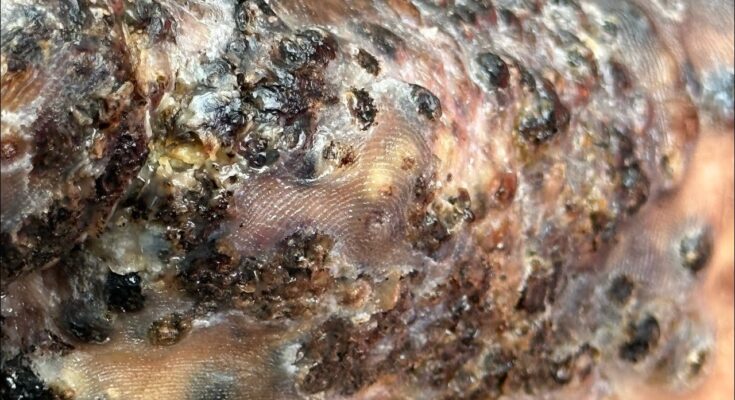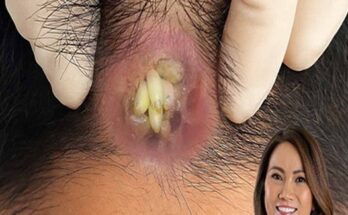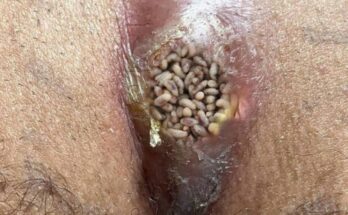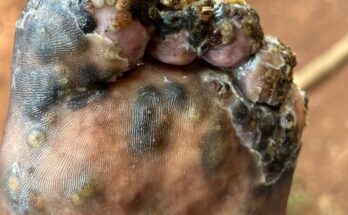Why Jigger Digging Appears Among Kenyan People?
Jigger infestation—caused by the parasitic sand flea Tunga penetrans—remains a painful and persistent public health issue in parts of Kenya. These tiny fleas burrow into the skin, typically around the feet and toes, causing intense itching, swelling, and secondary infections. The condition, known as tungiasis, disproportionately affects impoverished communities, especially in rural areas.
🦶 What Causes Jigger Infestation?
Jiggers thrive in warm, dry, sandy environments, often near farms or dusty floors. The pregnant female flea burrows into human skin to lay eggs, causing painful lesions. The infestation is worsened by:
- Poverty: Lack of footwear and poor housing conditions expose people to fleas.
- Poor hygiene: Limited access to clean water and sanitation increases vulnerability.
- Co-habitation with animals: Fleas also infest dogs, cats, pigs, and rats, spreading easily.
- Ignorance and stigma: Many victims are unaware of the cause or fear social ridicule, delaying treatment.
- Myths and misconceptions: Some communities associate jiggers with witchcraft or curses, seeking traditional remedies instead of medical help.
🩺 Health and Social Impact
Jigger infestation can lead to:
- Severe pain and inflammation
- Difficulty walking or using hands
- School absenteeism among children
- Social isolation and shame
- Risk of secondary infections like tetanus or gangrene
- In extreme cases, permanent disability
Children are especially vulnerable, often dropping out of school due to pain and bullying. Elderly individuals may suffer silently, believing the condition signals impending death.
🌿 Community Responses and Solutions
Despite the challenges, Kenyan communities and NGOs are fighting back. In Dabaso village, Kilifi County, locals use a herbal remedy made from neem and coconut oil to treat jiggers. Floors are sprayed with neem-infused water, and closed shoes are distributed to prevent reinfestation.
Organizations like Ahadi Trust and Life For Children Welfare have launched anti-jigger campaigns, providing:
- Footwear for schoolchildren
- Hygiene education
- Medical treatment and foot cleaning
- Awareness to combat stigma
In Ndhiwa, a project funded by NGOs distributed shoes to over 15,000 pupils, dramatically reducing jigger cases.
💡 Prevention and Long-Term Solutions
To eliminate jiggers, Kenya needs:
- Economic empowerment: Poverty reduction is key to prevention.
- Health education: Teaching communities about hygiene and jigger biology.
- Improved housing: Cement floors and clean environments reduce flea habitats.
- Access to treatment: Safe, affordable remedies and medical care.
- Community engagement



